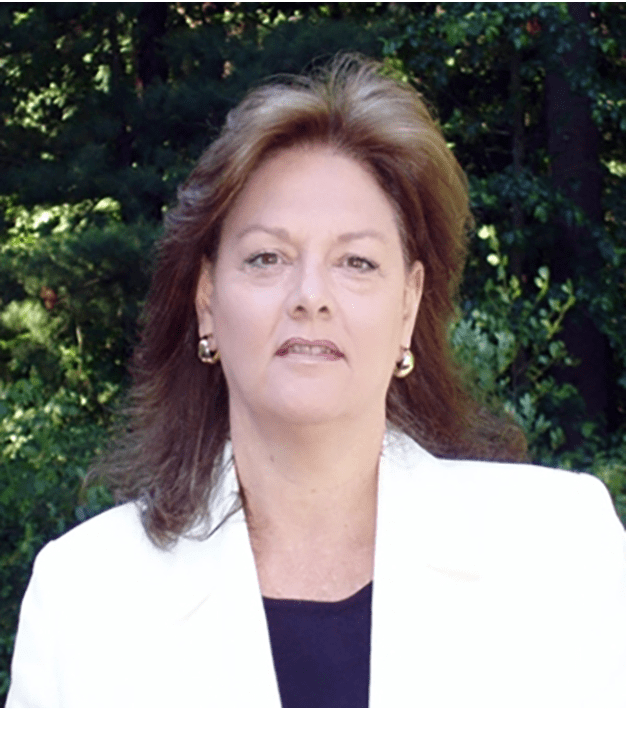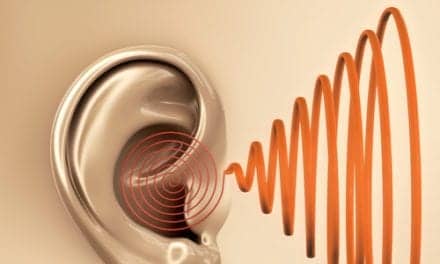Sharon G. Kujawa, PhD, an auditory neuroscientist who studies how aging and noise exposure can impact hearing, has been selected to receive the biennial Callier Prize in Communication Disorders, the University of Texas at Dallas announced on their website.
She will be honored at the Callier Cares Luncheon on Thursday, April 20, and will offer the keynote address at the Callier Prize Conference on Friday, April 21.
Presented by the Callier Center for Communication Disorders at UT Dallas, the prize recognizes individuals from around the world for their leadership in fostering scientific advances and significant developments in the diagnosis and treatment of communication disorders. The award, which alternates between the fields of audiology and speech-language pathology, includes a $10,000 prize.
“Being recognized by your peers is a special gift. I am very grateful to be honored with this award,” Kujawa said.
Common causes of hearing loss in humans include aging, exposure to loud noise, and certain toxic drugs—each of which often can damage sensory cells in the inner ear. These cells, called hair cells because of their hairlike projections, are among the most vulnerable elements in the inner ear. When hair cells are damaged or lost, hearing is diminished, and the evidence is clear on the clinical audiogram.
Recent studies have shed new light on these causes of hearing loss. Kujawa and her colleagues have shown that, long before this overt hearing loss can be seen, a more insidious process is taking place that interrupts hair cell communications with the auditory nerve fibers carrying information to the brain.
“We discovered that it is the connections between the hair cells and the nerve fibers—the synapses—that are most vulnerable,” Kujawa said. “Once they die, the communication is permanently interrupted.”
The result is called hidden hearing loss because losses can be dramatic, even when an audiogram remains normal. Synapse loss can happen gradually with aging, or suddenly after exposure to loud noise. It is thought to be a major contributor to difficulties hearing speech in noise and tinnitus, two common and particularly troubling complaints as individuals age or after noise exposure.
According to UT Dallas, Kujawa’s research has initiated what is widely regarded to be a paradigm shift—shaping the way researchers, clinicians, occupational, military, and public health personnel think about and assess noise-induced and age-related hearing loss and inner ear injury. The work could have major implications for federal exposure guidelines designed to protect humans against noise-induced injury.
Kujawa is an associate professor of otology and laryngology at Harvard Medical School. She is the director of Audiology Research and a senior scientist at Eaton-Peabody Laboratories in the Massachusetts Eye and Ear Hospital in Boston. She serves on the faculty of the Harvard Program in Speech and Hearing Biosciences and Technology.
Kujawa was chosen for the prize by a committee of faculty members in the audiology program of the School of Behavioral and Brain Sciences (BBS). Led by Edward Lobarinas, associate professor in BBS, the committee connected with colleagues around the world to obtain nominations for the award. Kujawa was selected based on her outstanding contributions to hearing science, audiology, and otolaryngology that have spanned more than 25 years.
“Dr Kujawa is truly a leader in our understanding of acquired hearing loss and has built bridges between scientists and clinicians. She is an exemplary translational researcher and a truly outstanding individual,” Lobarinas said.
Thomas Campbell, Ludwig A. Michael, MD, executive director of the Callier Center, and Sara T. Martineau, professor in communication disorders, said Kujawa has made many important contributions to clinical research concerning individuals with hearing impairment.
“Her work over the past decade has unveiled new approaches for understanding, assessing, and treating individuals with hearing loss across the lifespan,” he said.
Kujawa will receive the prize at the Callier Cares Luncheon, which brings together advocates, clinicians, researchers, and philanthropists to raise money to benefit patients in need through the Callier Care Fund. She also will be recognized at the Callier Prize Conference, titled “Hearing Loss: Hidden Injury, Improved Diagnosis and Management.”
Distinguished presenters at the conference also include Rick Neitzel, University of Michigan; Judy Dubno, Medical University of South Carolina; and Linda Hood, Vanderbilt University. The conference will take place at the Callier Center in Dallas. Seating is limited. To attend, register online or call Linda Sensibaugh at (214) 905-3003
Source: UT Dallas




